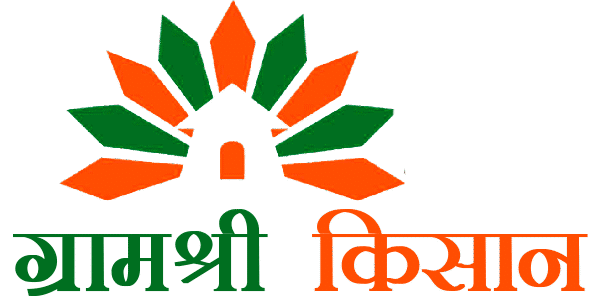Green Energy: Powering a Clean and Sustainable Future
What is Green Energy?
Green energy is energy obtained from natural, renewable, and eco-friendly sources. It is not carbon dioxide, pollutants, or greenhouse gases that can destroy the atmosphere. It is also known as Renewable Energy.
The Primary Sources of Green Energy
1️⃣ Solar Energy
It is the method of producing electricity and thermal energy from sunlight.
Applications: Solar water heaters, solar pumps, rooftop solar panels, and solar lighting.
India’s Target: Reach 280 GW of solar power generation by 2030.
2️⃣Wind Power
Electricity is produced by harnessing the power of the wind to rotate turbines.
Potential in India: Maximal potential exists in coastal and hill regions, especially in the states of Tamil Nadu, Gujarat, and Maharashtra.
3️⃣ Hydropower
This process creates electricity by harnessing the energy of running water from rivers or dams to drive turbines.
Key Feature: It is a consistent and extremely dependable form of green energy.
4️⃣ Biomass Energy
Energy is generated from organic matter like crop residues, wood, cattle dung, and other biological wastes.
Opportunity for Farmers: Farmers can earn extra money by installing biogas plants and biomass power plants.
5️⃣ Geothermal Energy
This includes tapping heat that arises from inside the Earth’s core.
Current Status in India: Though still at its infancy level in India, it has huge future potential.
The Benefits of Green Energy
Eco-Friendly :
Creates no pollution and no greenhouse gas emissions.
Renewable :
Derived from inexhaustible resources such as the sun, wind, and water.
Low Cost:
Once the initial investment is made, it delivers free energy for decades.
Opportunities for Farmers:
Generates additional income in the form of solar pumps, biogas units, and solar dryers.
Uplifting for Industries:
Enables obtaining energy security and fulfilling Corporate Social Responsibility (CSR) objectives.
Employment Generation:
Creates new businesses and jobs in rural and urban sectors.
The Potential for Green Energy in India and Bihar
India
India is the world’s second-largest producer of renewable energy.
India was close to realizing its goal of 175 GW of renewable energy capacity by the year 2023.
The country’s target is to produce 500 GW of green energy by the year 2030.
Bihar
Bihar holds enormous potential in solar, biomass, and biogas energy sectors.
Main Opportunities:
- Solar pump scheme for farmers (KUSUM Yojana).
- Producing biomass energy using residues of paddy and wheat crops.
- Setting up biogas plants in rural localities.
- Employing solar energy for cold storage and irrigation.
Challenges
- Excessive upfront investment expenses.
- The absence of technical knowledge and training among the general public.
- Technical issues concerning energy storage (batteries) as well as grid connection.
Yet, government plans, incentives, and private sector investment are stepping by step countering these challenges.
Conclusion
Green energy is not only a substitute source of power; it is a base for sustainable growth, a healthy environment, and energy sovereignty. For the industries, farmers, and society of Bihar and India, a shift toward green energy is a pivotal move towards a cleaner and wealthier future.


